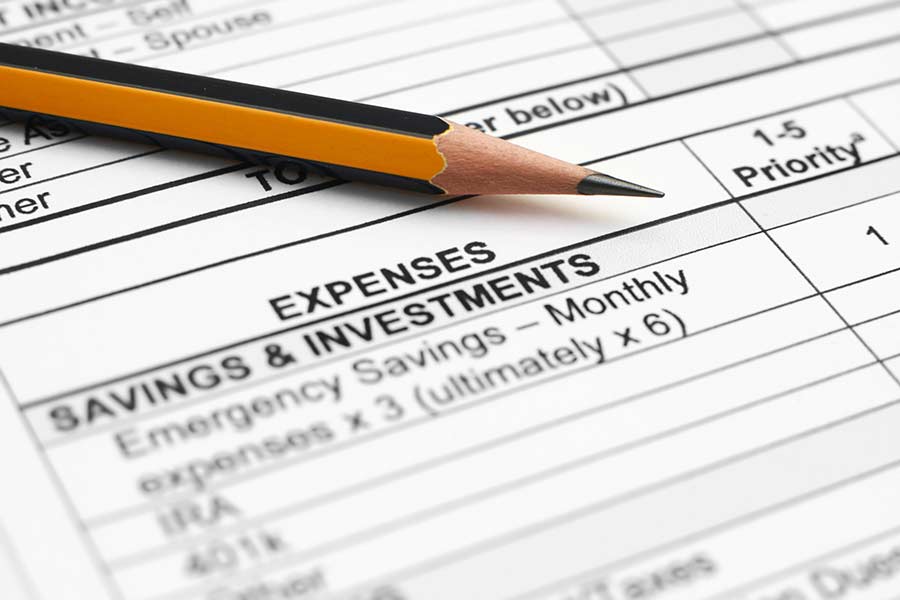Have you ever had to purchase something for work but your employer didn’t reimburse for you it? Do you have to use your vehicle for work-related purposes, other than your commute to the office and back? What about any office supplies you need, or perhaps specific clothing or footwear that is a requirement for your job? There are all kinds of work-related expenses that people end up paying and many times their employers don’t pay them back. So is there anything you can do to see that money again?
You Can Get That Money Back
The answer is yes, you can recover at least some of that money by deducting those expenses on your tax return. Many people aren’t aware of this fact and probably think that once they’ve spent the money they’ll never get it back. However, thanks to Form 2106, you can recoup some of your money for expenses that are truly work-related. There are some important factors to keep in mind, so make sure you understand all the rules. The first thing to be aware of is that if your employer would have reimbursed you the money had you turned your receipts in, but you failed to do so, then you cannot deduct those expenses from your return.
What Can You Deduct?
The most common question most people have is: “What can I deduct?” the answer, according to the IRS is any expense that is a necessary and ordinary part of your job that your employer does not reimburse you for. You must use caution when it comes to the terms necessary and ordinary. You probably won’t get away with installing an expensive Bluetooth sound system in your car and claim you need it to take calls from work while your driving. In order to avoid getting in trouble with your employers it’s best to follow the IRS’s explanation, which states: “An ordinary expense is one that is common and accepted in your field of trade, business, or profession. A necessary expense is one that is helpful and appropriate for your business. An expense does not have to be required to be considered necessary.”
Common Deductions
Some of the most common work-related expenses that people claim include transportation costs and some work-related meals. For example, if you have to regularly use your car to deliver packages for your employer then you should be able to deduct those expenses. Likewise, if you are traveling for work and you have to pay for your own meals, then you could also deduct those expenses. There are several other types of expense people can incur because of work that can be deducted so long as your employer doesn’t reimburse you, or wouldn’t have if you had turned in your receipts. One such example could be if you are required to wear special footwear for your job and your employer doesn’t pay for that footwear, or for the full amount. You could deduct that expense, or the remaining portion of the cost of the shoes if your employer only pays part of the bill.
Important Reminder
No matter what work-related expenses you incur, the most important thing to remember is to hold onto your receipts. This is very important because the more work-related expenses you have and the higher the total, the more likely you are to get the IRS’s attention, which could lead to an audit. However, that doesn’t mean you shouldn’t deduct all of your legitimate business expenses; it just means you need to have proof of those expenses if you plan on deducting them. Therefore, make sure you keep any receipts for expenses of $75 or more and all lodging expenses, as the IRS requires these receipts if it chooses to audit you. You will also need to keep detailed records of when, where and for what purpose you incurred those expenses.
Don’t Miss Out on Those Deductions
While no one wants to get the IRS’s attention, as long as you have unreimbursed legitimate work-related expenses then you have nothing to worry about even if the IRS does decide to audit you. Just make sure you keep detailed records and receipts and you should be able to get back some of that money you thought you’d never see again. Click here to see Form 2106.


